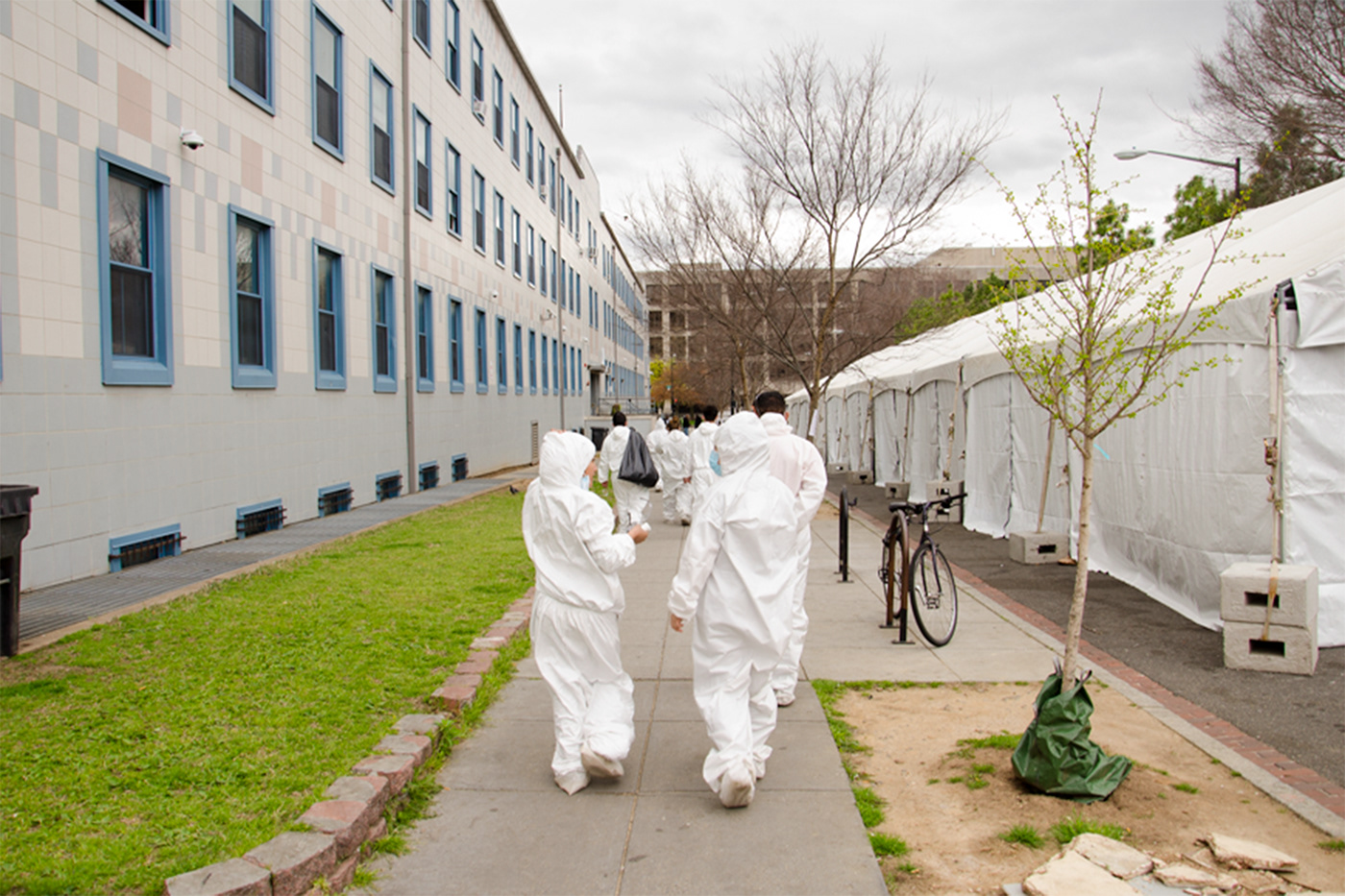
Hard hit by gentrification in the nation’s capital, now Black and Latino communities brace for COVID-19.
WASHINGTON, D.C. — Washington, D.C., is like a ghost town. With some exceptions.
Muriel E. Bowser, the, mayor, issued a stay-at-home order in an effort to curtail the spread of the coronavirus pandemic. The order requires all individuals in Washington, D.C., to stay in their homes except to perform essential activities, such as obtaining medical care, food and essential household goods. Those who violate the order may be charged with a misdemeanor and subject to a fine not exceeding $5,000 and imprisonment for not more than 90 days. The order went into effect April 1.
The coronavirus crisis poses a new threat to those who already are most vulnerable in our society, such as the homeless and low-wage workers in the retail and service industry.
The unsheltered homeless are exempt from the mayor’s stay-at-home order for the obvious reasons. Government officials have provided the unsheltered homeless with hand sanitizers, portable restrooms and hand-washing stations. That’s a good start, but the response is inadequate.
The Washington, D.C., government must do more now to halt the spread of coronavirus cases among the homeless. It would be in the best interest of the larger population. If the government does nothing, rest assured homeless infection cases will increase and enter into the general population with devastating consequences. These times are unprecedented. They require unprecedented action if we are to get through it with our pride and human dignity intact.
The Washington, D.C., homeless shelter system is experiencing an increase in the number of coronavirus cases. As of April 8, the total number of coronavirus cases at the shelter system had risen to 22. The mayor’s office said they were using three hotels as remote quarantine sites for nearly 150 people who lived at shelters.
According to homeless advocate Eric Sheptock, a total of six people at the Community for Creative Nonviolence (CCNV) homeless shelter have tested positive for the virus. To combat the spread of the virus, CCNV, the roughly 1,000-bed homeless shelter, on 2nd and D streets NW, has been cleaned and power-hosed. The D.C. Department of Health also is conducting coronavirus testing of homeless people at CCNV, the largest shelter in the city.
The pandemic has placed an additional strain on an already broken homeless shelter system. Social distancing protocols are virtually impossible to implement at the shelters as they are presently set up. Beds are crammed together in an effort to serve as many homeless people as possible. This may have been OK in the past, but now, in the wake of this highly contagious virus, it is a recipe for disaster. The aging will be the first that are severely impacted, especially those with preexisting conditions. Most chose to ignore the plight of the homeless, but local officials have a duty to treat the homeless with dignity and respect and prevent others from losing their homes during the coronavirus pandemic.
In an odd twist of fate, COVID-19 can be the catalyst to accomplish what Washington, D.C., has been unable to achieve for decades — move homeless people off the streets and out of shelters and into affordable housing. Housing that is affordable to the poorest of the poor. A partnership between local D.C. government and private industry can pull this off.
Now is the time.
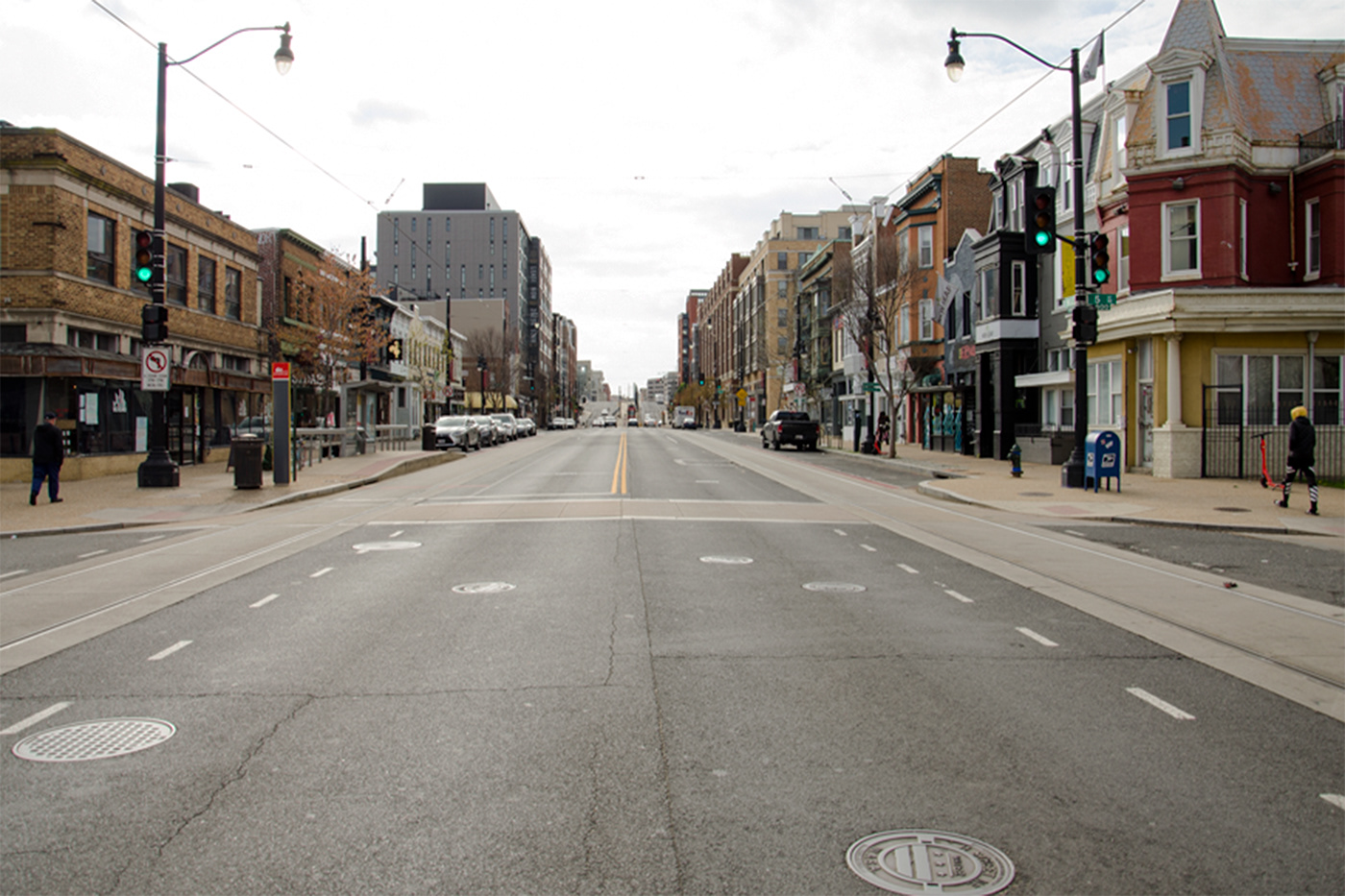
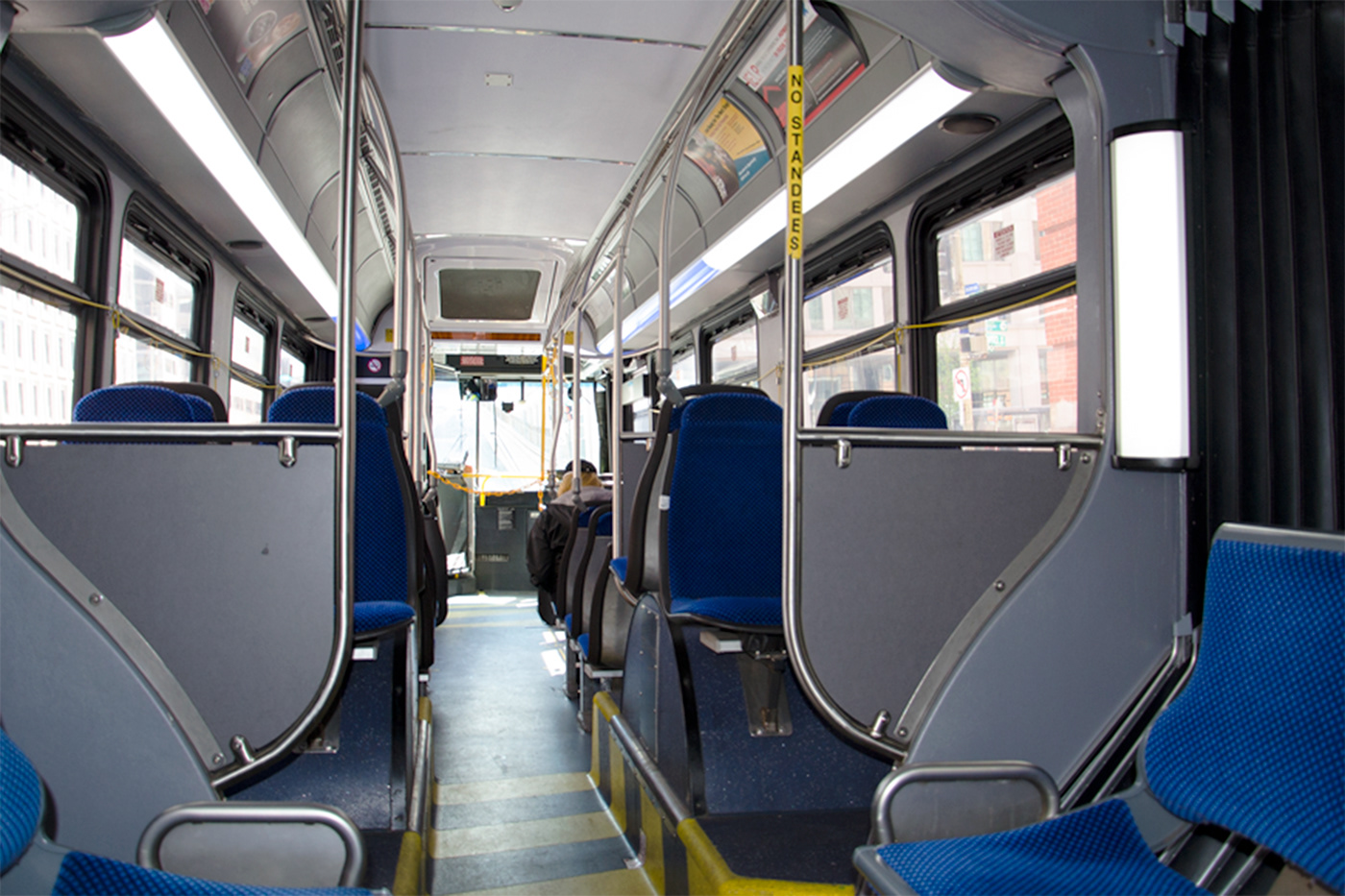
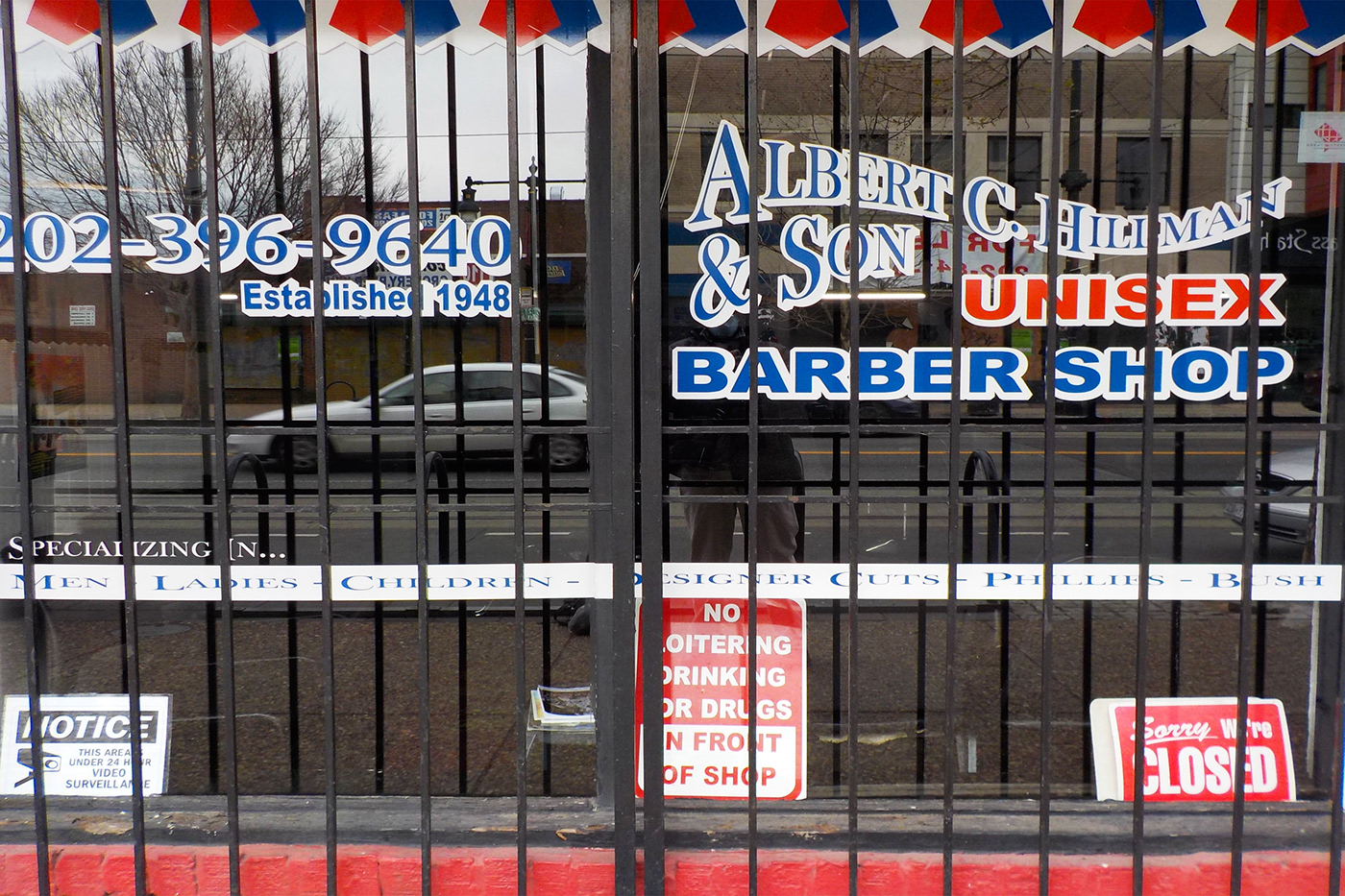
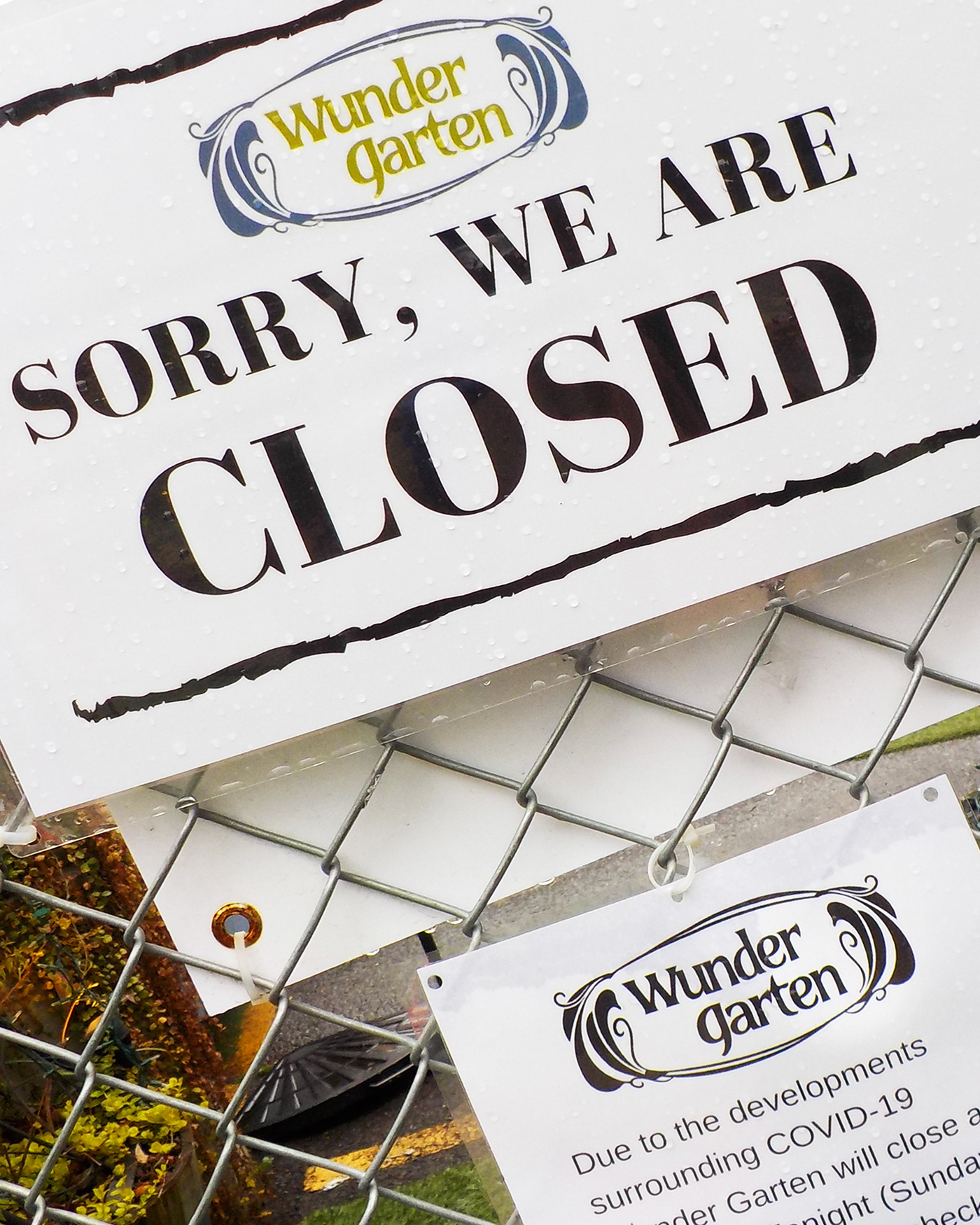
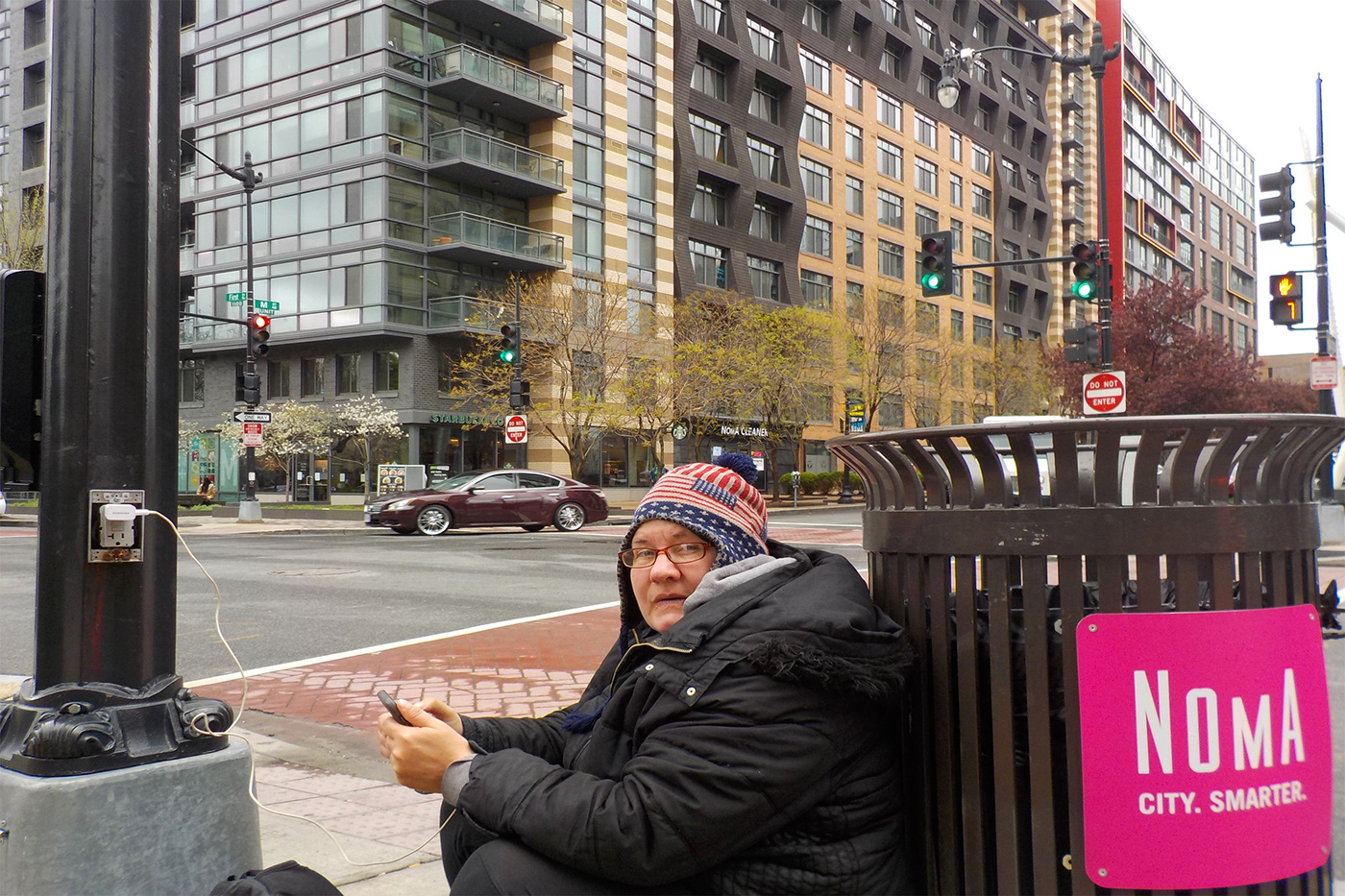
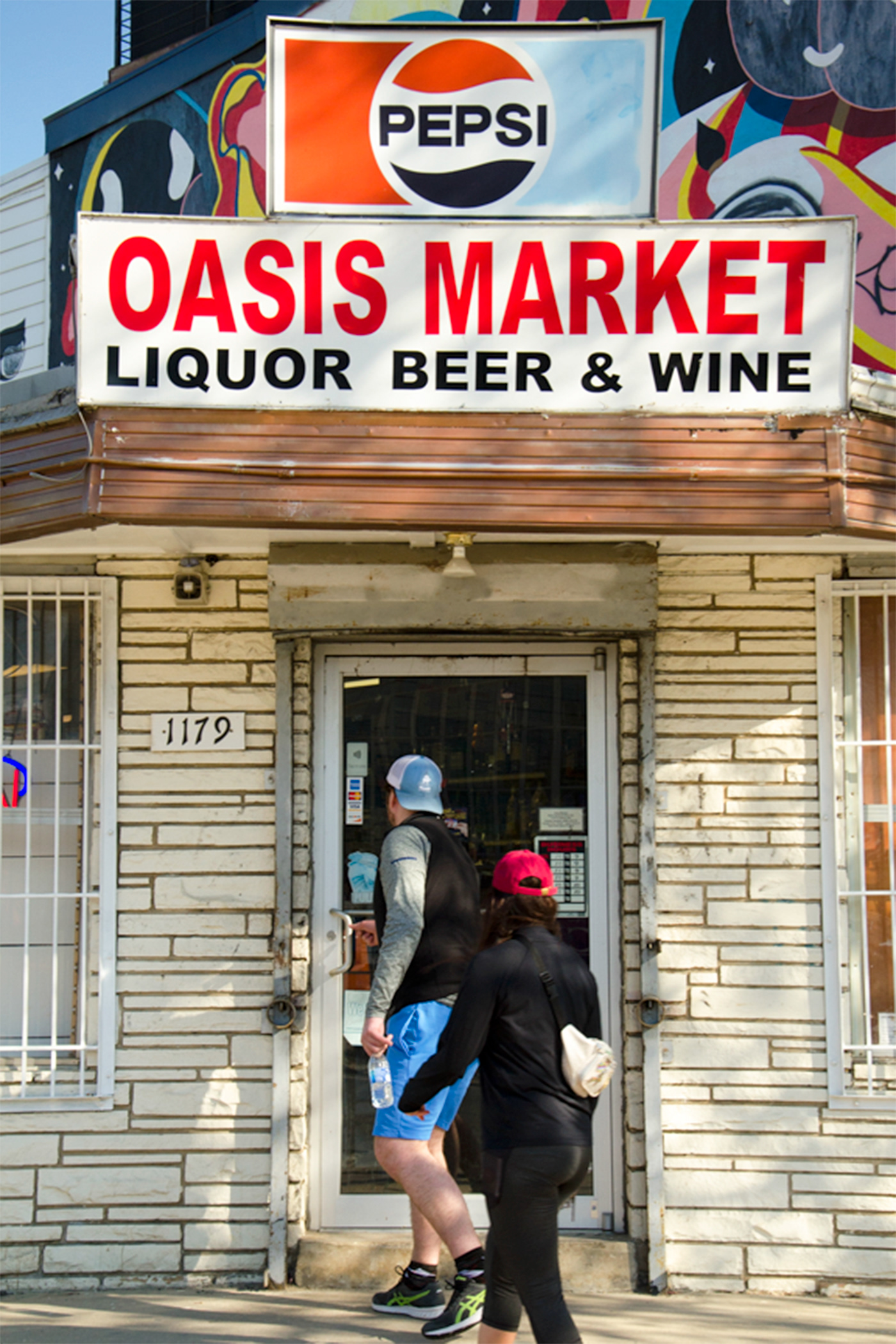
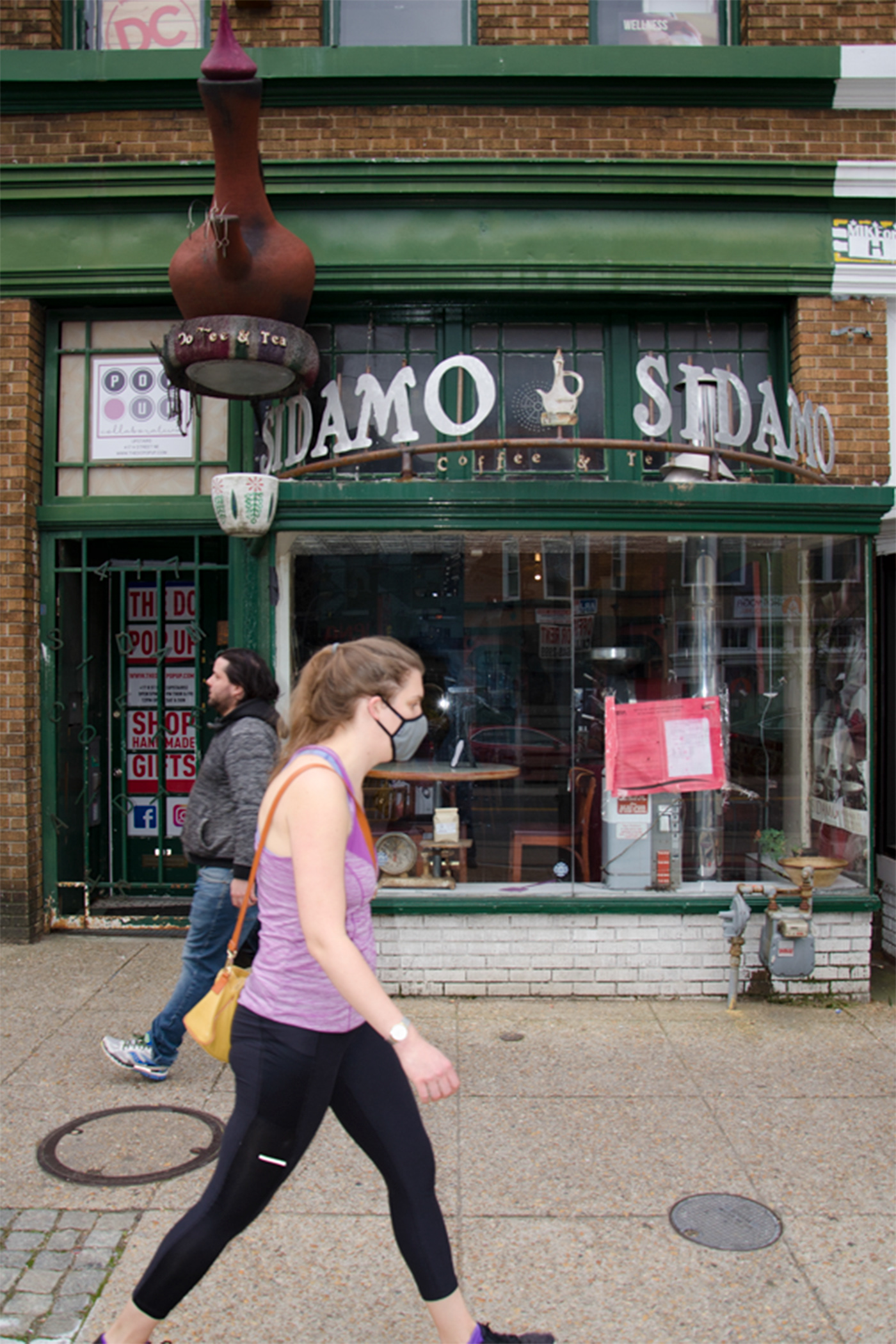

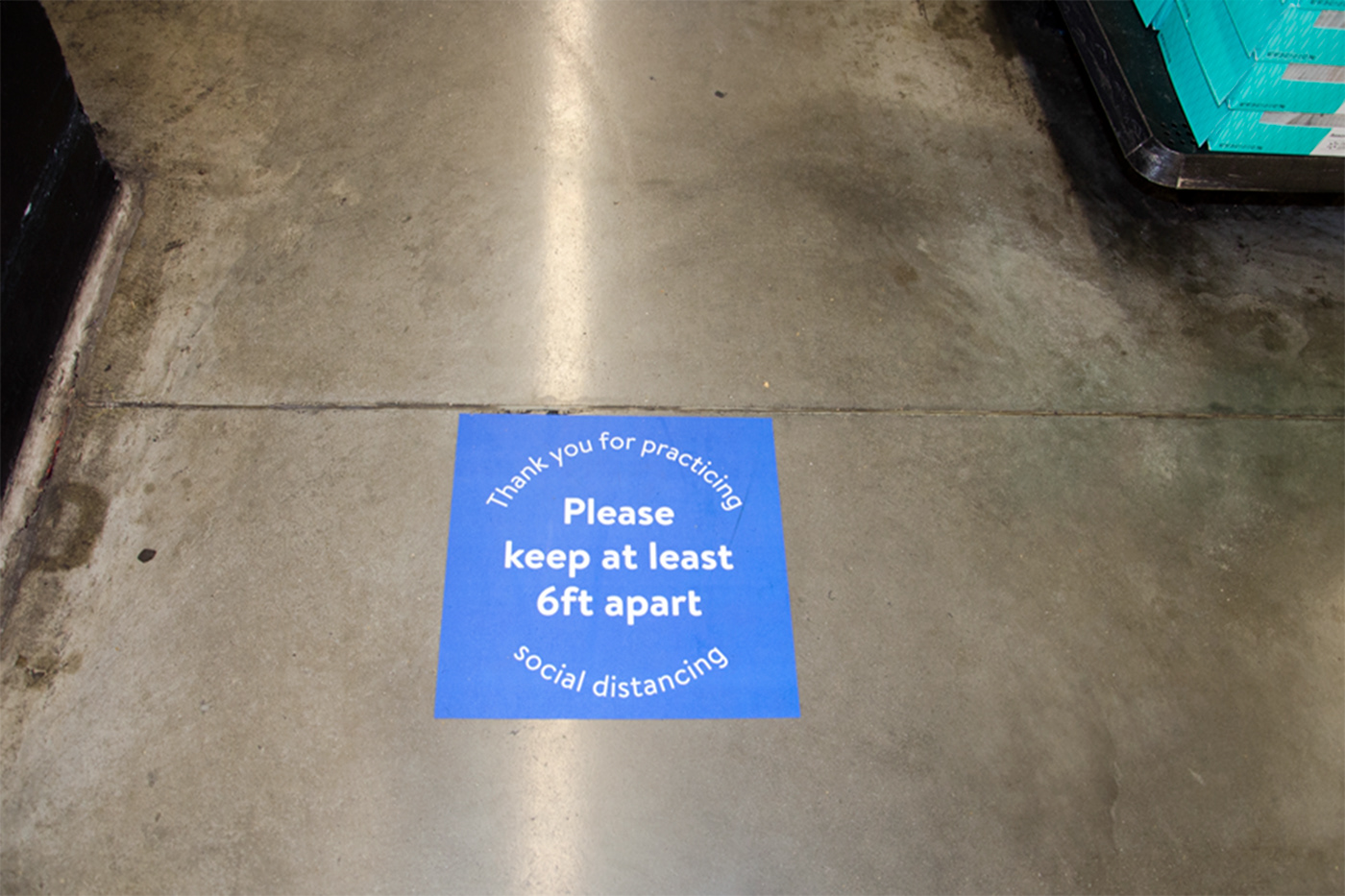
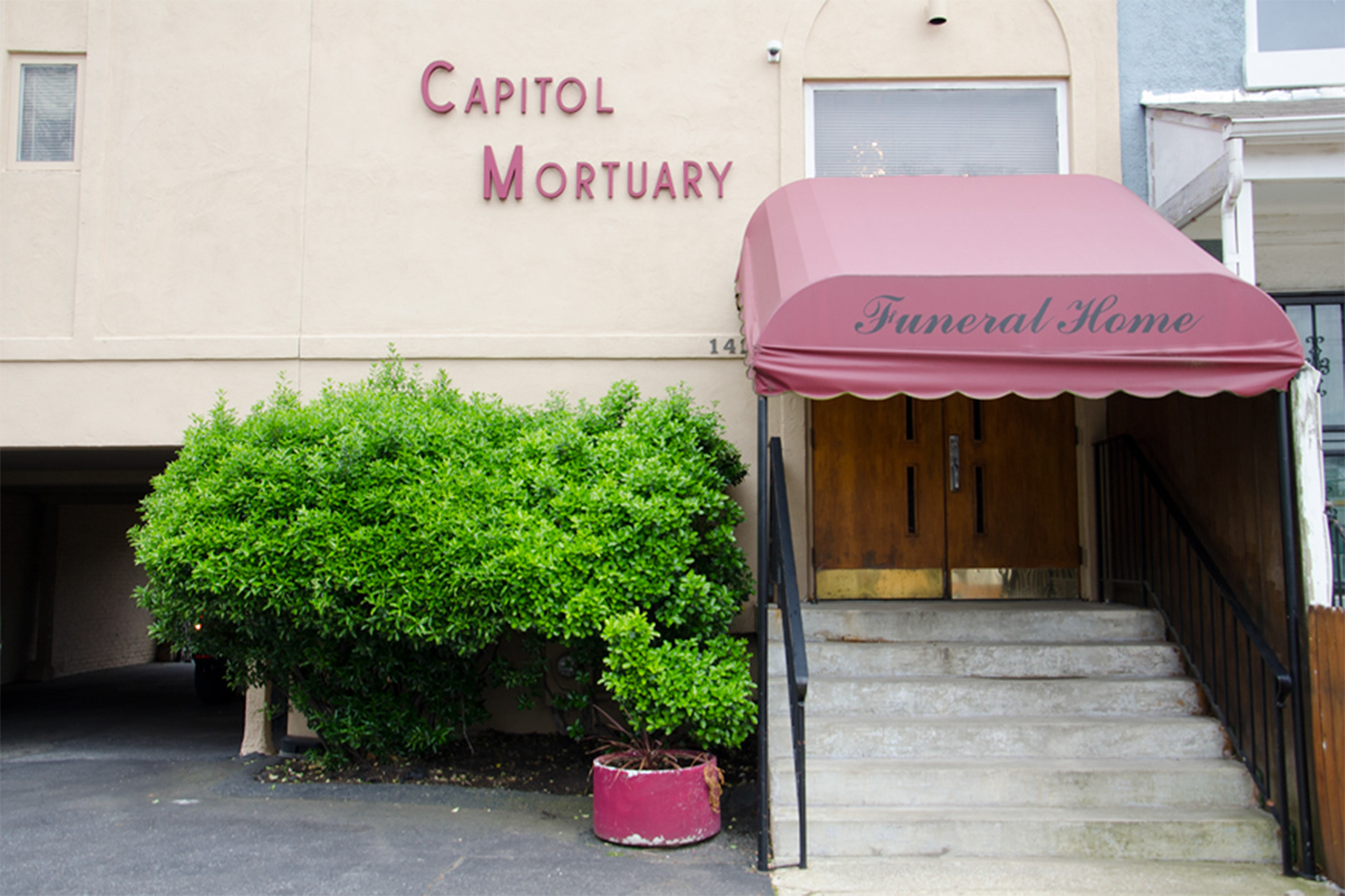
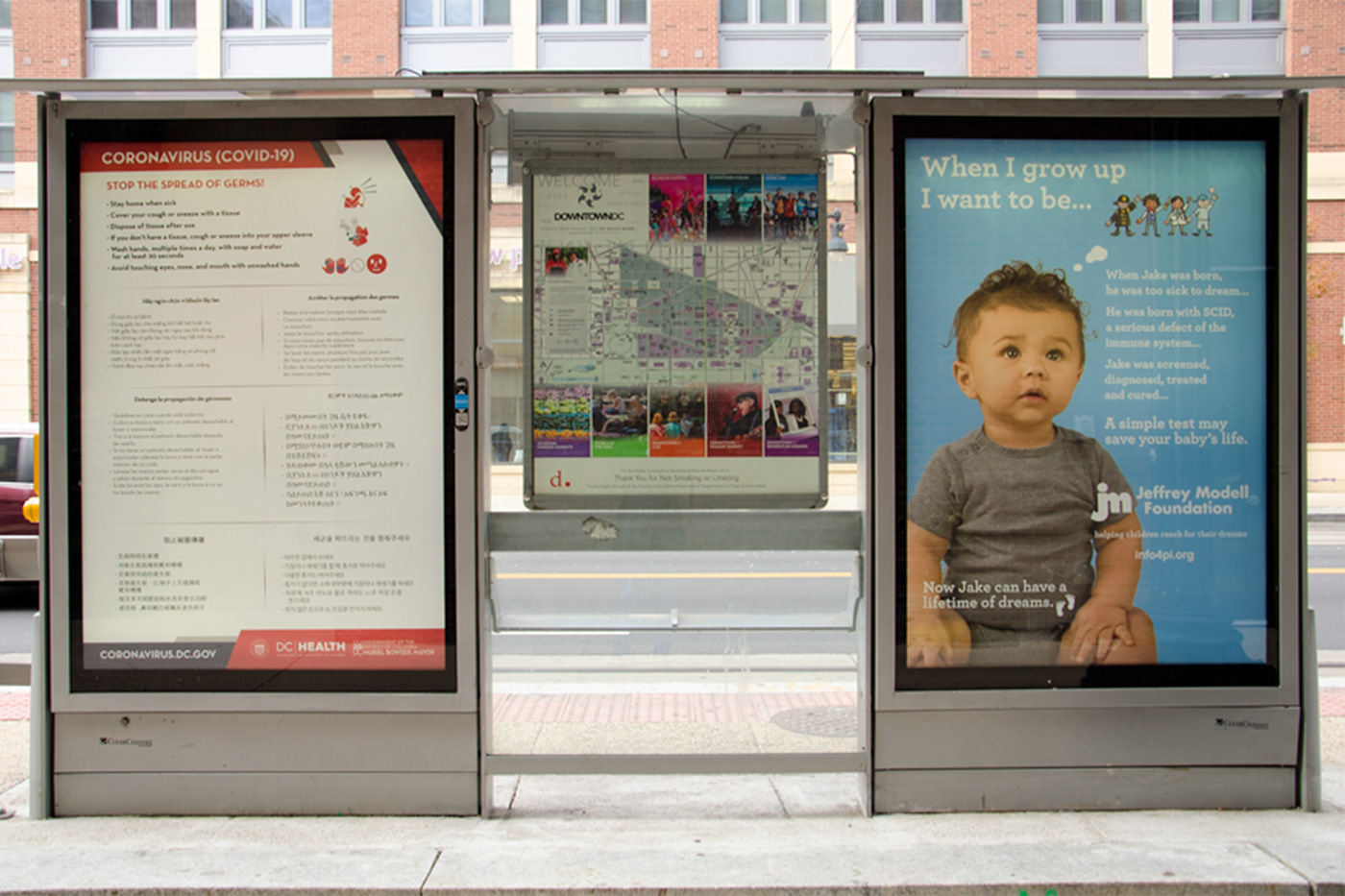
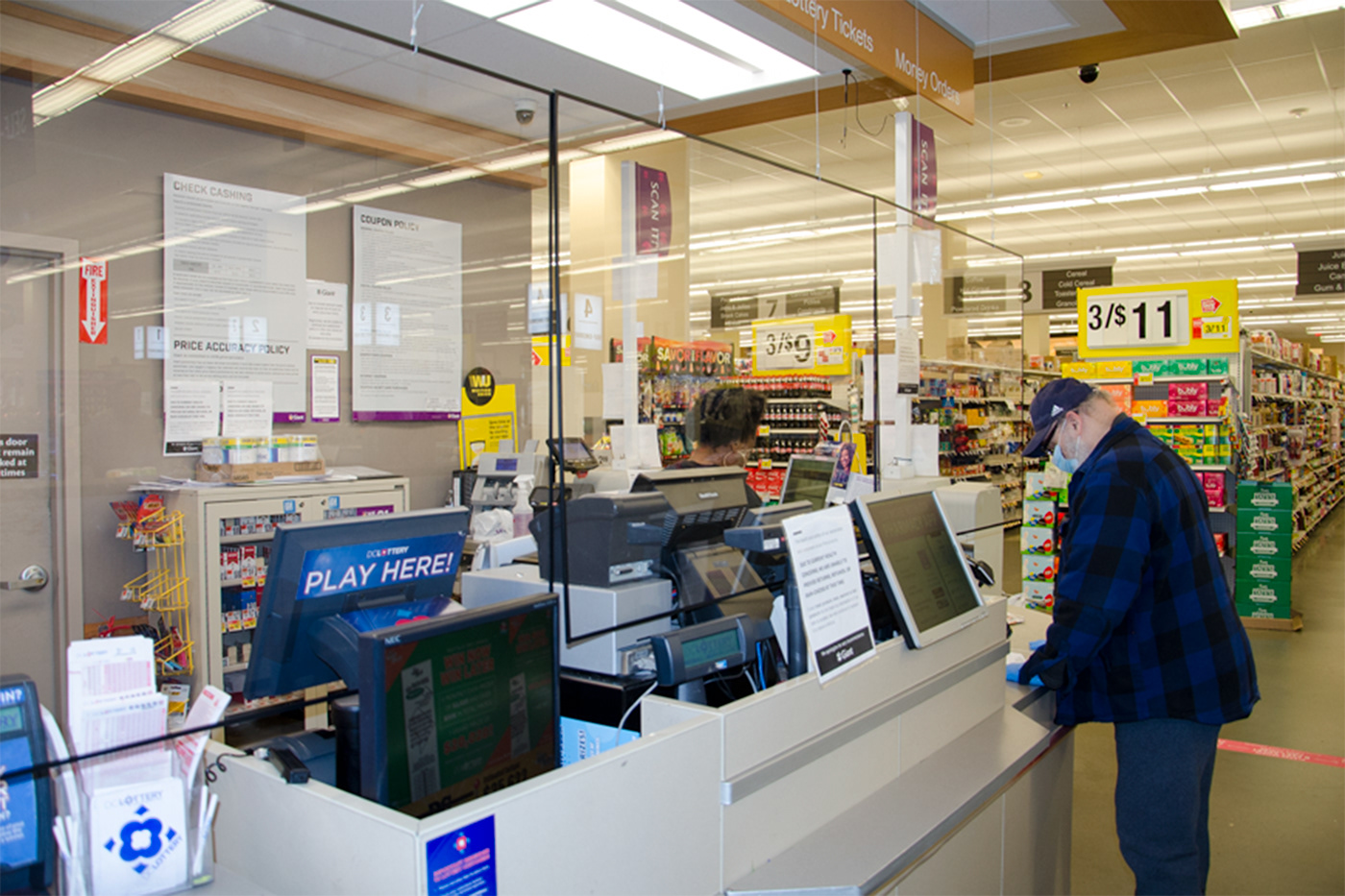

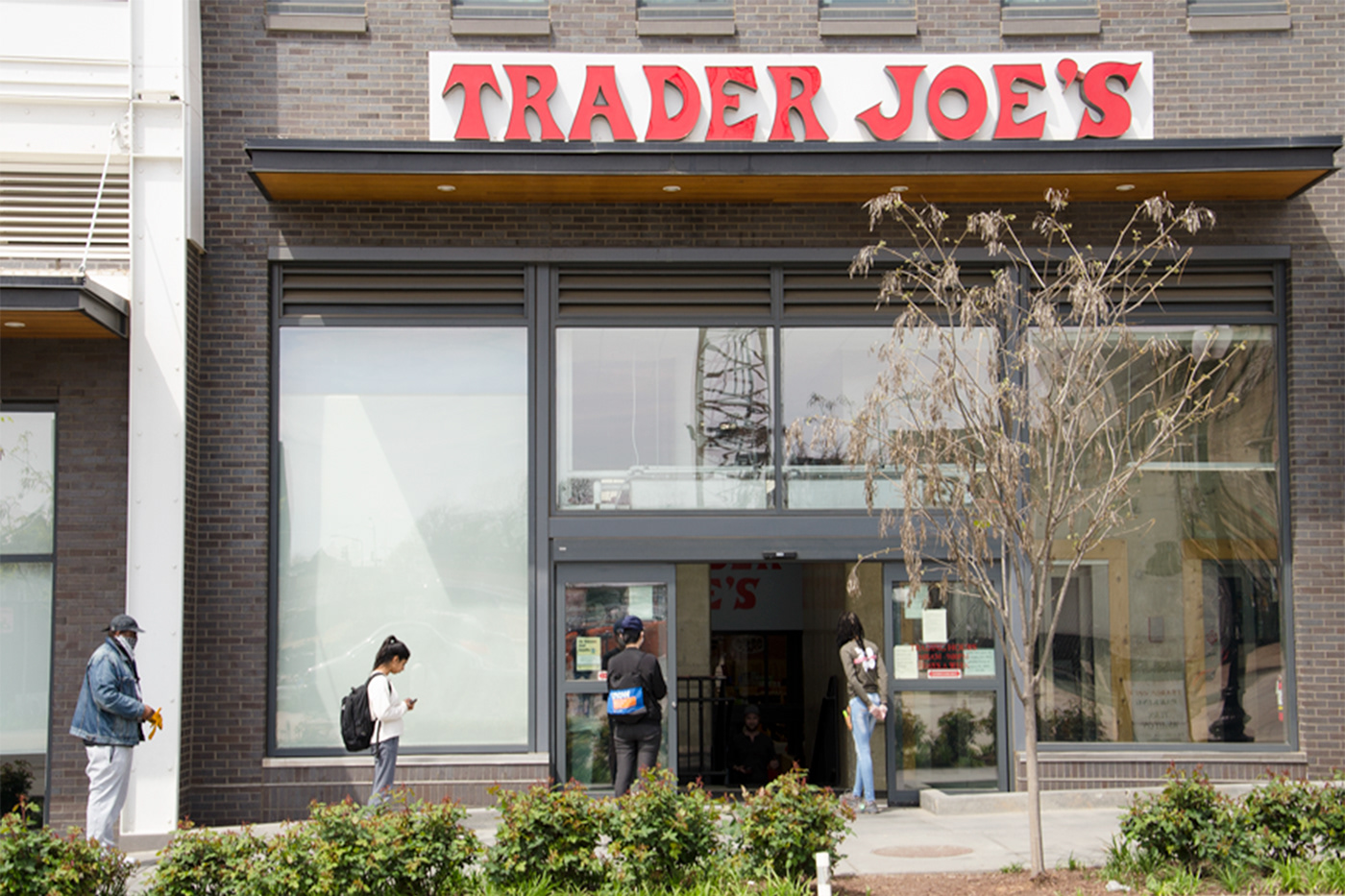
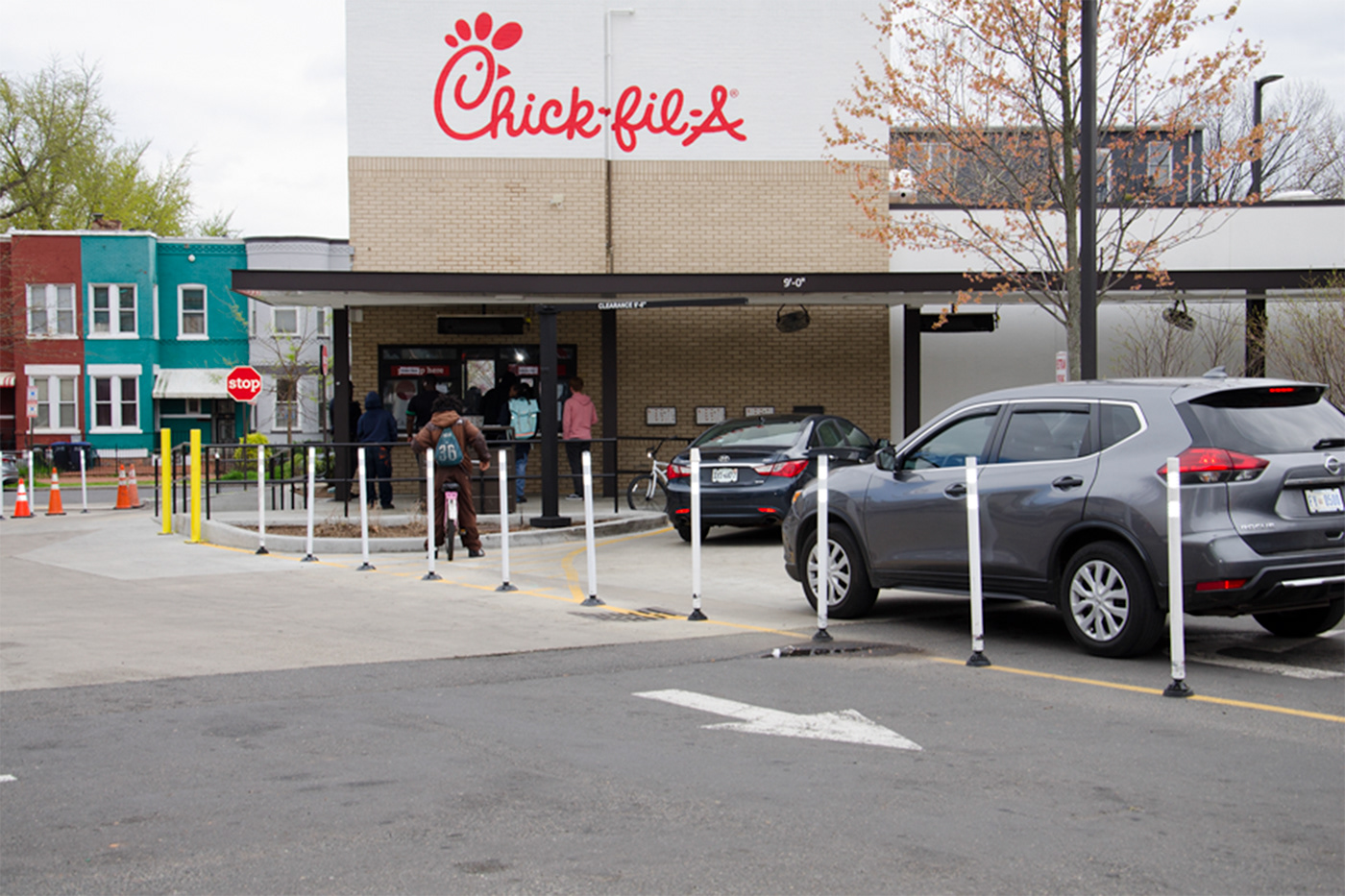
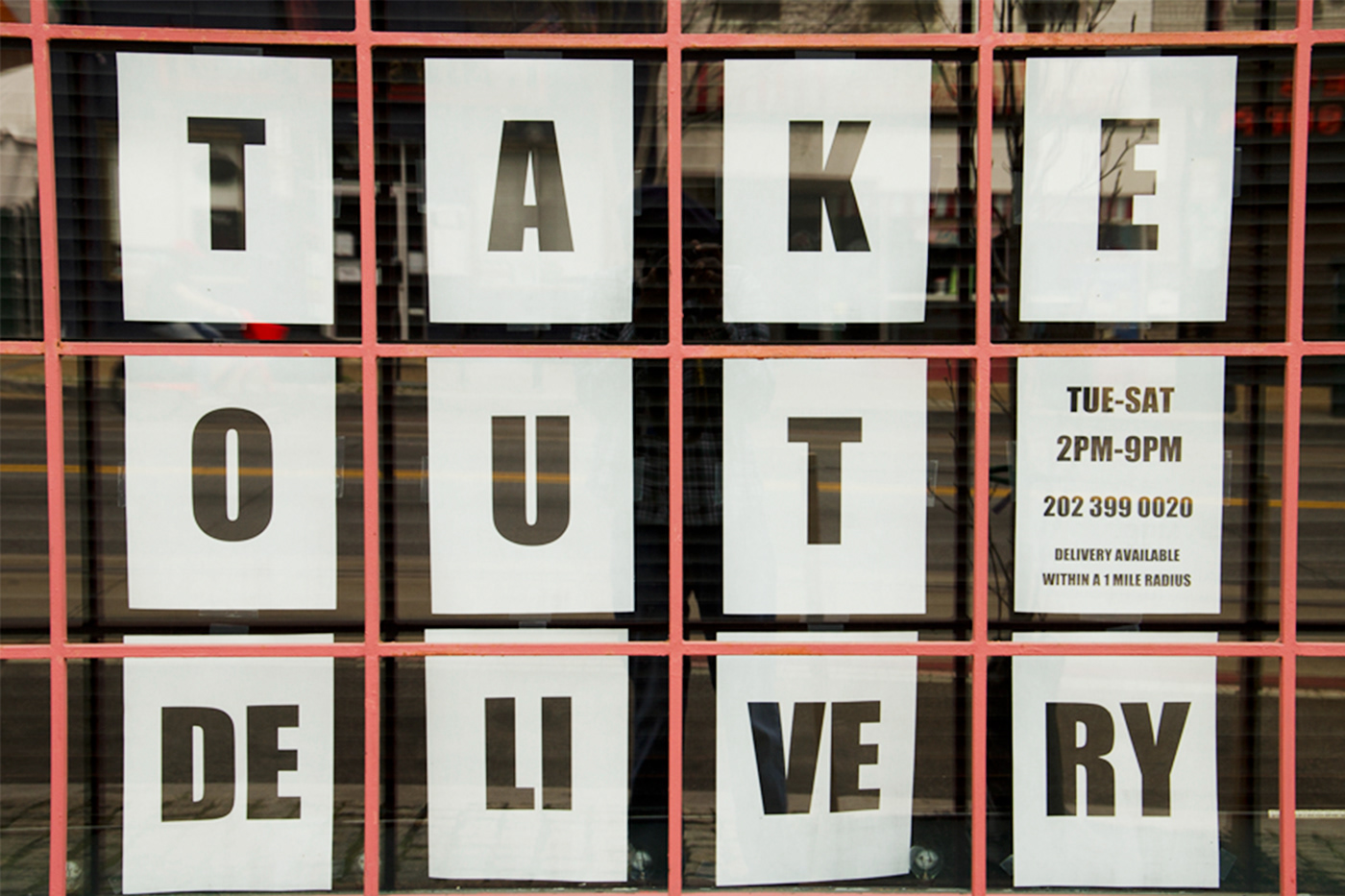
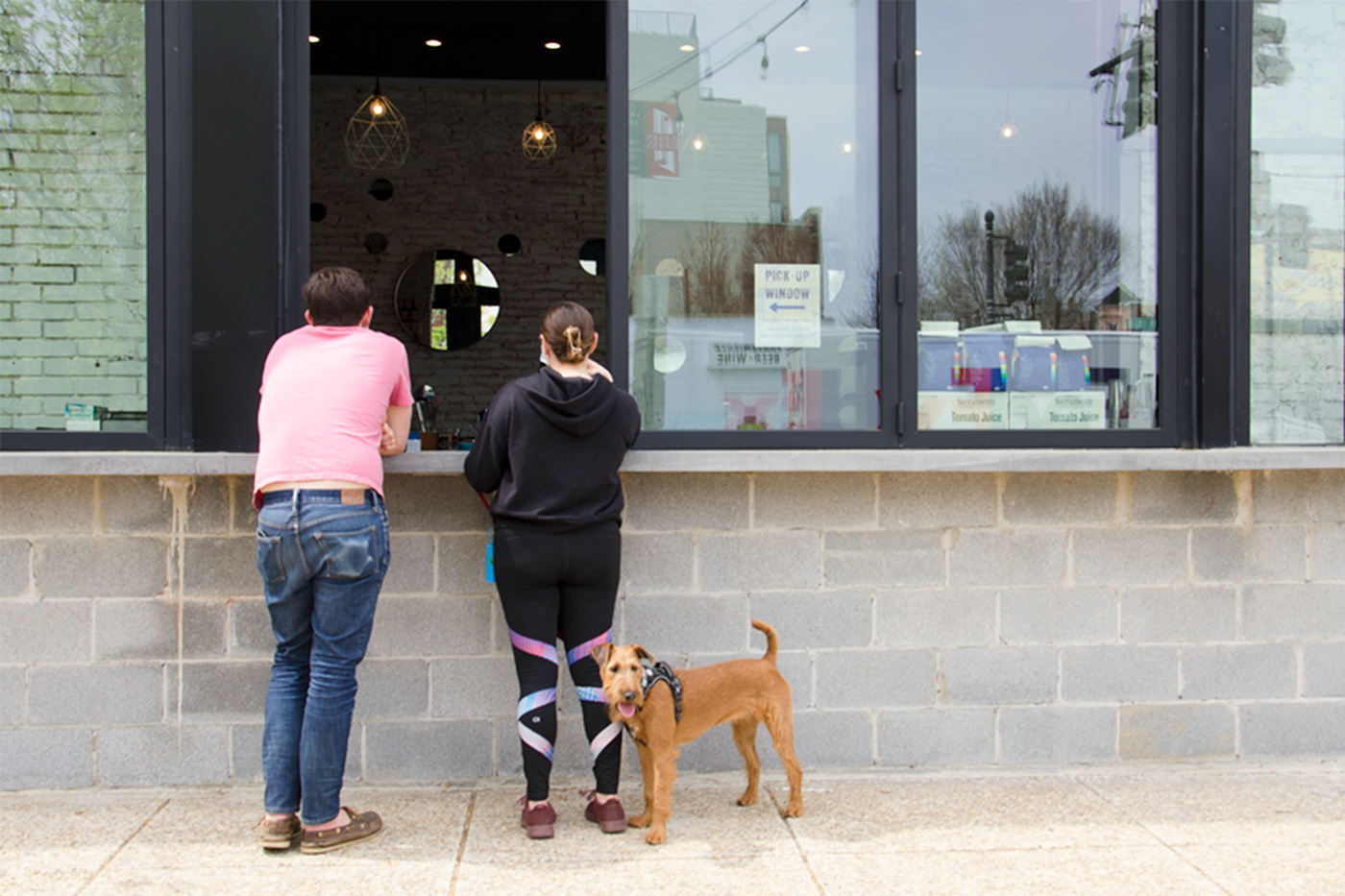
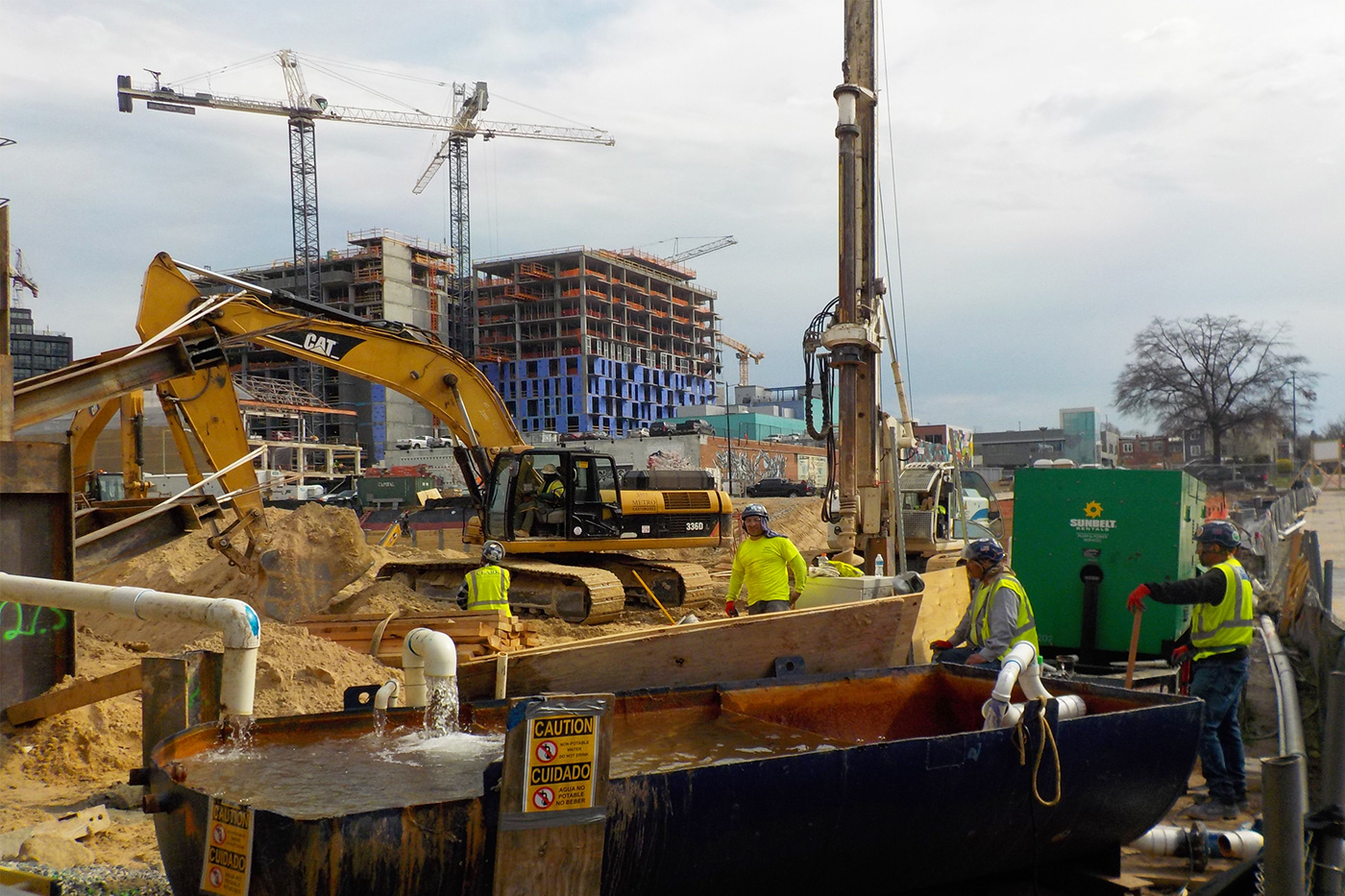
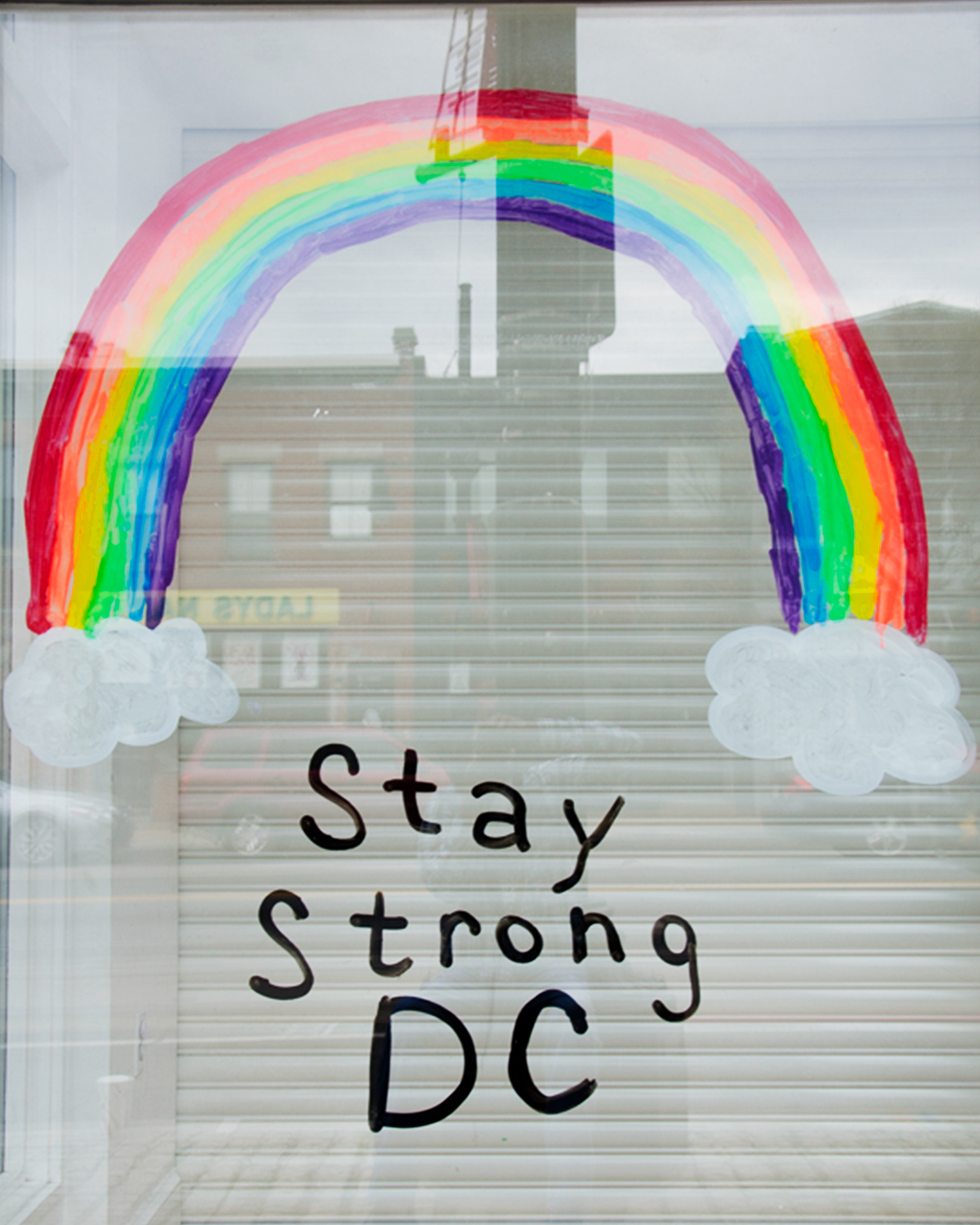
Related: New Community Responses Bring Hope to Homeless, But They Still Need More Permanent Housing
Joseph Young is a photographer and journalist living in Washington, D.C. His photography and journalism has appeared in The Washington Post Magazine, The Washington Times, Washington Afro-American Newspaper and The Washington Informer. His photographs are in the collection of the Smithsonian’s Anacostia Community Museum.
Community Based News Room publishes the stories of people impacted by injustice and aspiring for change. Do you have a story to tell? Please contact us at CBNR. To support our Community Based News Room, please donate here.




